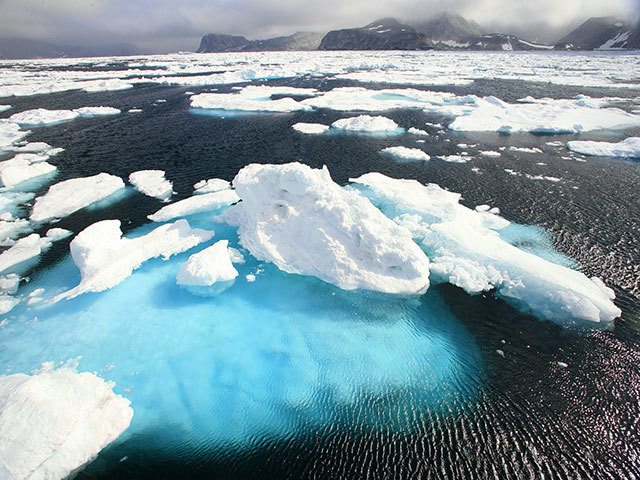
Deepwater production will rise by 70% within the next decade, according to a leading energy analyst.
Speaking at this week’s Deep Offshore Technology conference, John Westwood, the chairman of Douglas Westwood, said industry would need to hone in on its deepwater production capabilities to meet the world’s energy needs.
He said: “By 2020, to get 14% more oil and gas production we need to drill 29% more development wells.
“We need to grow our offshore wells by 31%, but interestingly we get a 21% growth in production by doing that.
“When we look at fields around the world, the 9% of fields in deepwater deliver 14% of total offshore production.
“What we are going to see is a lot more money spent in deepwater, certainly more than a quarter of a trillion dollars over the next five years.
“Much of that will be in existing deepwater locations such as Africa, and Brazil. We musn’t forget there are some exciting places emerging – East Africa is one of them as well as the opportunities in the Arctic.”
He added: “Deepwater production is set to increase greatly, and we will see a rise in deep water production of 70% by 2020.”
Mr Westwood estimated that by next year, technology such as ROVs (Remotely Operated Vehicles) would cost the industry $2billion a year.
He said lowering future costs of deepwater projects could be met by filling the skills shortages, and pointed to Norway as an example where the gap had been improved.
Mr Westwood said: “Skills shortages – where do you get the experienced people from? It’s a big issue.
“One of the places which shows you the wonder of this is Norway. Local content in many places costs a lot of money and many nations are striving to have 70% local content.
“Recently a highly qualified engineer in Brazil cost 50% more than bringing in an engineer from another country.
“Finding and producing is going to become more difficult and more expensive, it’s not going to get any easier.
“There remains challenges, major oil companies in particular face major challenges, and this is pushing these players into deepwater.
“We need new ideas and new technologies to move it forward.”
Recommended for you
